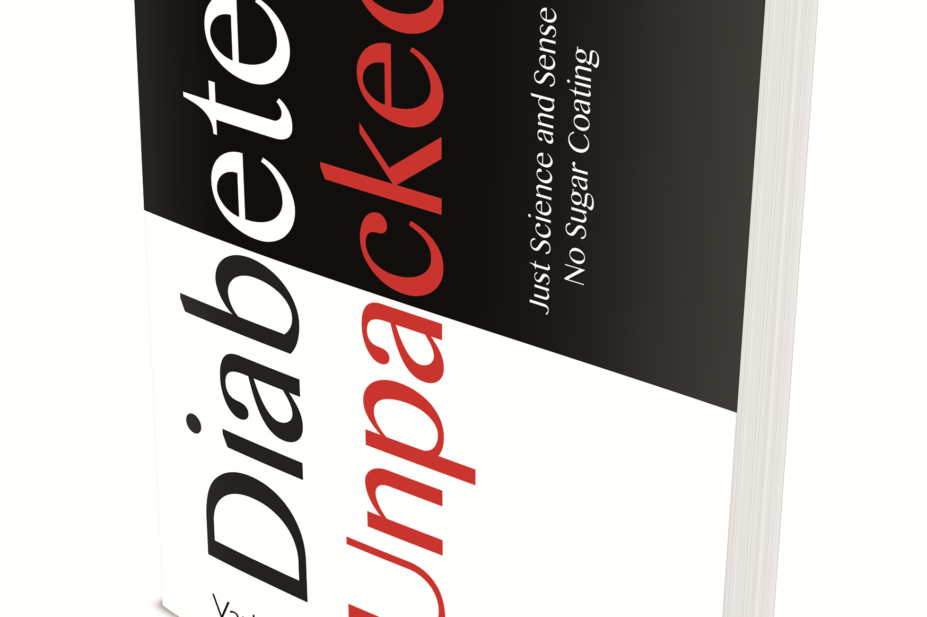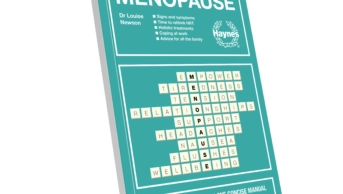
In the UK, there are around 4.5 million people with diabetes (mainly type 2) and since 1996, the number of people diagnosed has more than doubled. But what exactly is diabetes, what causes it? And, more importantly, is there anything that we can do to either prevent it or even reverse the condition once it has taken hold? This new book offers some suggestions for managing the condition through dietary changes.
The book’s chapters have been written by a number of authors, from academics and practising healthcare professionals to patients, and each offers a unique perspective on the condition. Starting with an exploration of the scale of the problem, the book moves to consider the nature of the disease itself (a useful refresher) with a discussion of the type of person most likely to succumb to diabetes.
The patient chapters provide a valuable insight into the impact diabetes has on their lives. One of the patients, a GP with type 1 diabetes, provides an enlightening account of how he managed his condition when preparing for half marathons. He used a continuous glucose meter to monitor changes in his levels during runs and, disillusioned with the conventional advice he dispenses to his patients, he removed carbohydrates from his diet, but still successfully completed half marathons. Most of the patient examples are used to further illustrate this point; in fact, the adoption of a low-carb diet is a common theme throughout the book.
Later in the book, it becomes apparent how badly medical professionals who step outside the realms of conventional nutritional advice are treated. One Swedish medic, Annika Dahlqvist, who suffered from numerous ailments herself — such as irritable bowel syndrome, chronic fatigue and fibromyalgia — experimented with a low-carb diet and found that her illnesses cleared with the new diet. She became a low-carb advocate and recommended it to her patients with great success. However, in 2005, she was reported to the Swedish National Board of Health and Welfare by two dietitians, and charged with going against accepted dietary guidelines. Fortunately for her, she was cleared of any wrongdoing but the case took three years to resolve. A similar fate awaited several others who dared to put their head above the parapet; for example, dietitian Jennifer Elliott, surgeon Gary Fettke and medic Tim Noakes.
The final chapters deal with the reasons why people with diabetes suffer from heart attacks (it seems to have nothing to do with cholesterol) and concludes with a discussion of the politics of nutrition. I was disappointed that the book did not discuss the wealth of evidence demonstrating the benefits of exercise for type 2 diabetes.
Is the book advocating a maverick approach to the management of diabetes? Perhaps not. Diabetes UK has recognised the merits of low-carb diets but maintains that it is the weight loss from the diet that is more important than the diet itself. Further support for their premise comes from studies that demonstrate how very low-calorie diets and bypass surgery both effectively put type 2 diabetes into remission.
Overall, this is a great book that I think pharmacists will find very interesting. Although written for the layman, it provides plenty of references for anyone wishing to pursue the topic further. It seems that there is a good deal of evidence to support low-carb diets in type 2 diabetics, and perhaps pharmacists could mention this when discussing the condition with patients and allow them to make a more informed choice.
Rod Tucker
References
Diabetes Unpacked: Just Science and Sense, No Sugar Coating, edited by Zoë Harcombe. Pp 296. Price £14.95. Cwnbran: Columbus Publishing; 2017. ISBN 9781907797583


